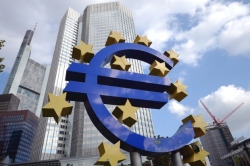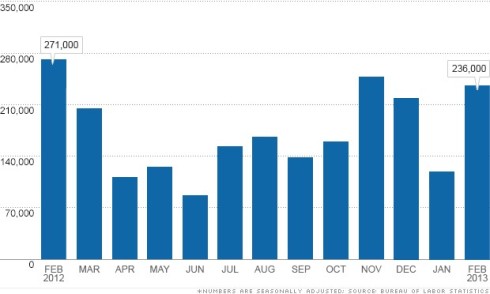 While the market levitation courtesy of the Fed, BIS and BOJ continues unabated to give the impression that all is well, allowing empty momentum-chasing chatterboxes to say that Cyprus is not a big deal because… well, look at the market (and real traders the chance to quietly dump existing risk positions), the artificial, centrally-planned calm during the storm may be ending. The reason comes from none other than the Eurogroup, whose deputy finance ministers held a conference call last night, and whose transcript has been seen by Reuters.
While the market levitation courtesy of the Fed, BIS and BOJ continues unabated to give the impression that all is well, allowing empty momentum-chasing chatterboxes to say that Cyprus is not a big deal because… well, look at the market (and real traders the chance to quietly dump existing risk positions), the artificial, centrally-planned calm during the storm may be ending. The reason comes from none other than the Eurogroup, whose deputy finance ministers held a conference call last night, and whose transcript has been seen by Reuters.
Here are the highlights.
Euro zone finance officials acknowledged being “in a mess” over Cyprus during a conference call on Wednesday and discussed imposing capital controls to insulate the region from a possible collapse of the Cypriot economy.
Not very confidence boosting. But then again, with confidence in Cyprus now gone, the time for damage control is long gone. Sure enough, it just goes from bad to worse:
“The (Cypriot) parliament is obviously too emotional and will not decide on anything, if Cyprus does not even feel that they can attend the call it is a big problem for us,” the French representative said, according to the notes seen by Reuters.
“We have never seen this.”
“Ring-fencing” is back, and so are Lehman references.
The official also referred to the need to resolve Cyprus’s two biggest banks, both of which are close to collapse, and mentioned the possibility of Cyprus leaving the euro zone.
In the event of an exit, the official said steps needed to be taken to “ring-fence” the rest of the euro zone from the impact and to ensure there was no contagion to Greece.
Bad news for locals: your economy is done, so may as well drag the entire Eurozone down with you:
“The economy is going to tank in Cyprus no matter what,” the notes quoted him as saying. “Restrictions on capital will probably be imposed,” he said, adding that further conference calls would be organised in the coming days.
And the punchline:
“Markets believe that we will find a solution and that we will provide more money and this might not be the case,” one of the participants on the call said
Hint to those confused: the market is not at all ignoring Cyprus. The central banks manipulating the market are doing their best to make it seem the market is not affected by a development which not even politicians have any idea how to negate as everything is now in unchartered territory. Of course, if and when control of the market is lost, that’s when things get really interest.
Source: zerohedge.com





